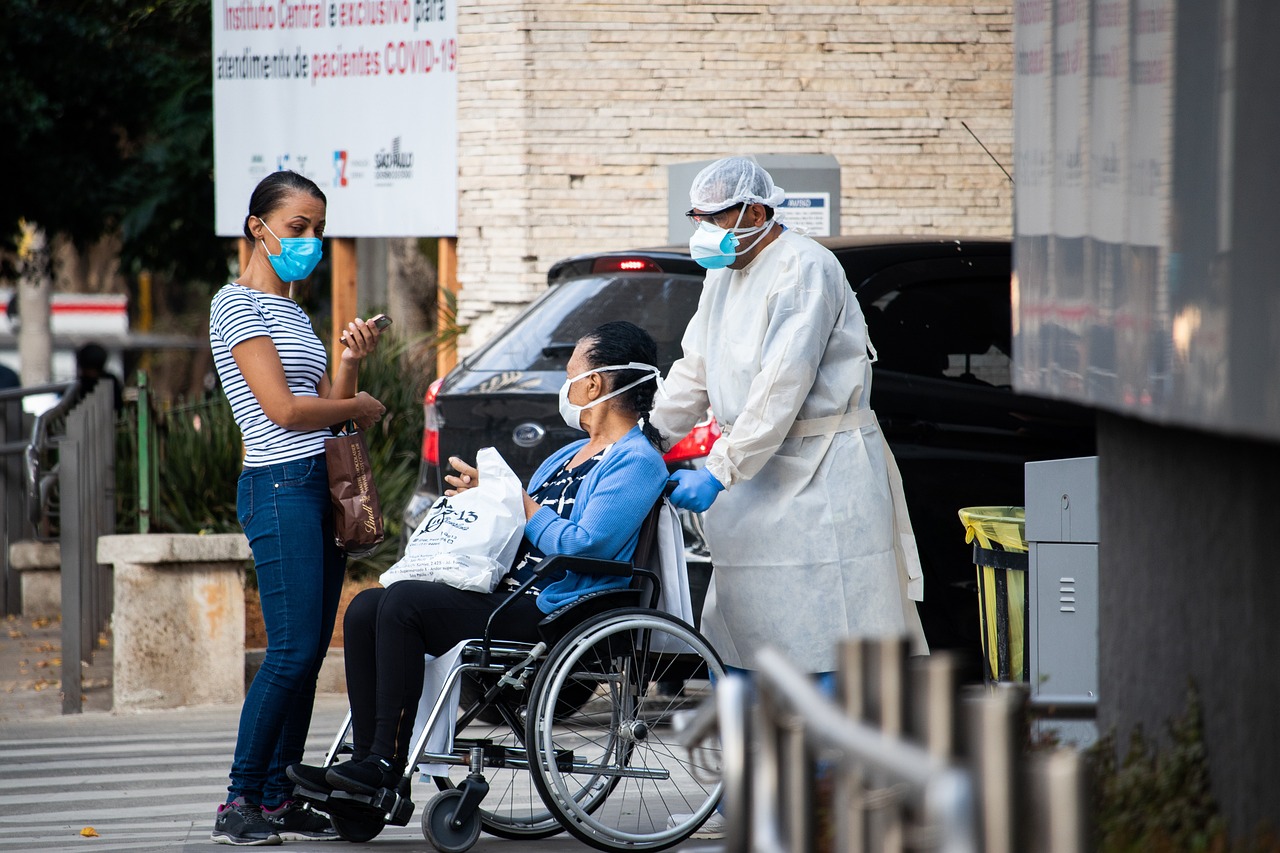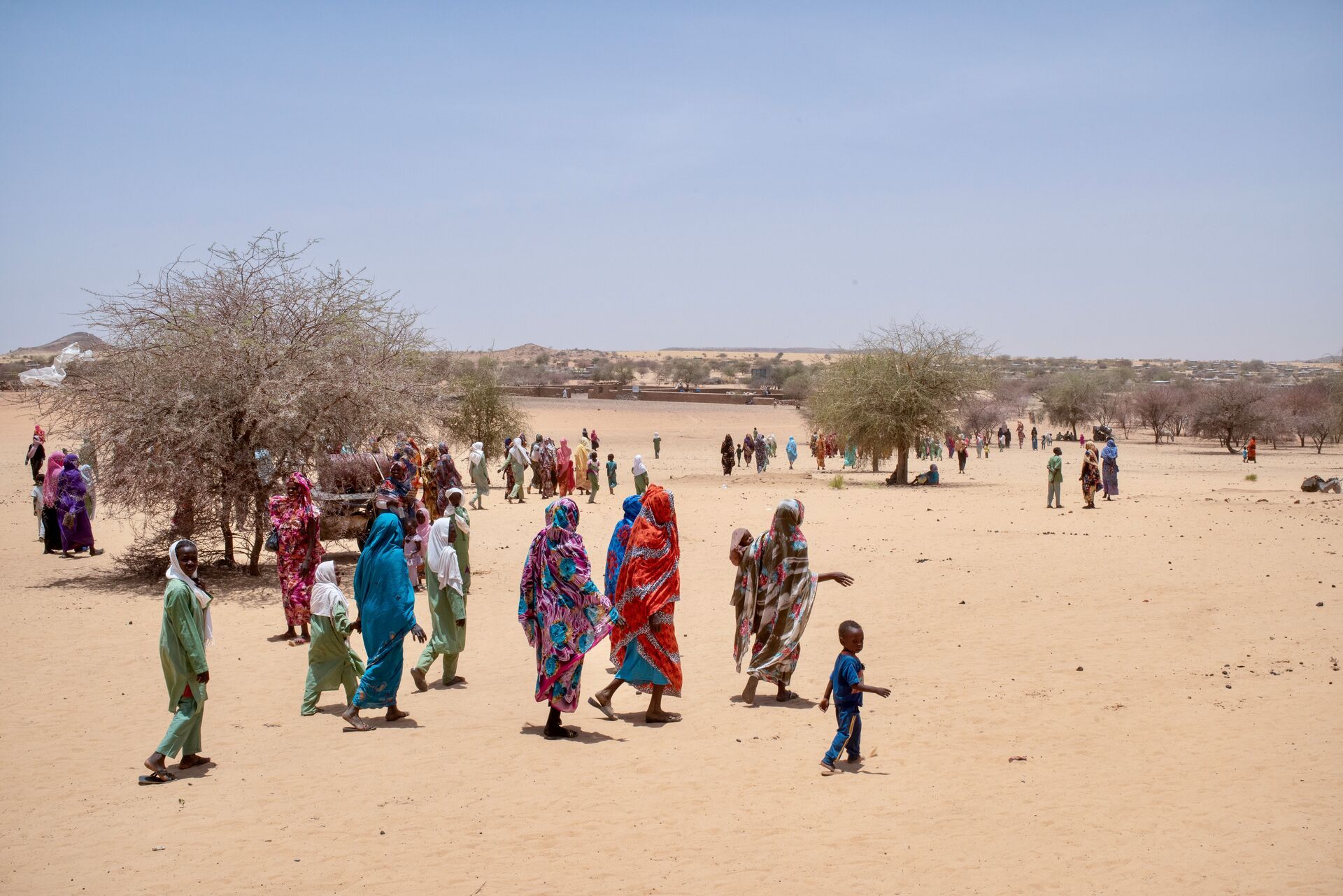
Geneva: Data from China indicate an increase in outpatient consultations and hospital admissions of children due to Mycoplasmapneumoniae
The World Health Organization (WHO), however, said that there was “limited detailed information available to fully characterize the overall risk of these reported cases of respiratory illness in children”.
It said that some of these increases were earlier in the season than historically experienced. However, it noted that they were not unexpected given the lifting of COVID-19 restrictions, as similarly experienced in other countries.
“Due to the arrival of the winter season, the increasing trend in respiratory illnesses is expected,” it said while warning that co-circulation of respiratory viruses may increase the burden on healthcare facilities.
On November 22, 2023, WHO made an official request to China to provide details about the increase in respiratory illness in children in Beijing, Liaoning and other places in northern China, after identifying media and ProMED reports about clusters of undiagnosed pneumonia in children’s hospitals. It sought details to identify whether there have been “clusters of undiagnosed pneumonia” there.
Such data were provided to WHO during a teleconference with Chinese health authorities from the Chinese Center for Disease Control and Prevention and the Beijing Children’s Hospital, facilitated by the National Health Commission and the National Administration of Disease Control and Prevention, on November 23, 2023.
According to surveillance data reported to WHO’s FluNet and published by the National Influenza Centre in China, Influenza-like illness (ILI) was above usual levels for this time of year and increasing in the northern provinces. Influenza detections were predominantly A(H3N2) and B/Victoria lineage viruses.
No changes in the disease presentation were reported by the Chinese health authorities, WHO said, adding that the Chinese authorities advised that there has been no detection of any unusual or novel pathogens or unusual clinical presentations, including in Beijing and Liaoning, but only the aforementioned general increase in respiratory illnesses due to multiple known pathogens. They further stated that the rise in respiratory illness has not resulted in patient loads exceeding hospital capacities.
The Chinese authorities advised that, since mid-October 2023, enhanced outpatient and inpatient surveillance has been implemented for respiratory illnesses covering a broad spectrum of viruses and bacteria, including, for the first time, Mycoplasma pneumonia.
“This complements existing respiratory surveillance mechanisms and may have contributed to the observed increase in the detection and reporting of respiratory illness in children,” WHO said, and ruled against recommending any specific measures for travellers to China. “In general, persons should avoid travel while experiencing symptoms suggestive of respiratory illness, if possible,” it said.
Since mid-October 2023, in addition to enhancing disease surveillance in healthcare facilities and community settings, Chinese authorities stressed the need to strengthen the capacity of the health system to manage patients. China has systems in place to capture information on trends in influenza, influenza-like illness (ILI), RSV and SARS-CoV-2, pneumonia and other severe acute respiratory infections (SARI). They reported influenza detections to platforms such as the Global Influenza Surveillance and Response System (GISRS). GISRS is led by WHO and used for the international virological and epidemiological surveillance of human influenza.
WHO said it was closely monitoring the situation and was in close contact with national authorities in China. It advised WHO that people in China follow measures to reduce the risk of respiratory illness, which include recommended vaccines against influenza, COVID-19 and other respiratory pathogens as appropriate; keeping their distance from people who are ill; staying home when ill; getting tested and medical care as needed; wearing masks as appropriate; ensuring good ventilation; and practising regular handwashing.
– global bihari bureau





